Music Therapy Benefits in Memory Care Facilities
Music therapy integrates musical activities into structured therapeutic interventions, benefiting individuals with memory loss by evoking emotional responses, stimulating memory recall, and enhancing quality of life. memory care facilities use music therapy to complement medical care by addressing cognitive, emotional, and social needs. By incorporating music into daily routines, caregivers improve engagement, communication, and overall resident well-being.
Key Takeaways
- Enhances cognitive recall and emotional balance.
- Sessions are designed by qualified music therapists.
- Promotes socialization and reduces agitation.
- Personalized sessions uplift mood and quality of life.
Defining Music Therapy Within Memory Care Programs

Music therapy involves the intentional use of music to meet individualized therapeutic goals. In memory care, structured musical interventions using rhythm, melody, and familiar tunes facilitate memory recall, regulate emotions, and support communication through carefully planned sessions led by trained professionals.
Core Principles of Music Therapy for Individuals With Memory Loss
Core principles include personalized musical cues, rhythmic structures to reinforce cognitive pathways, and the use of familiar songs to trigger autobiographical memories. These principles help patients achieve enhanced alertness and improved mood through targeted interventions that address specific cognitive and emotional deficits.
The Role of a Qualified Music Therapist in Memory Care
A qualified music therapist uses expertise in both music and clinical practice to assess residents’ musical preferences, design session plans, and monitor progress. Their interventions aim to improve memory recall, attention, and reduce behavioral symptoms such as agitation and anxiety.
Distinguishing Music Therapy From General Music Activities in Memory Care Facilities
Unlike recreational music sessions, music therapy is a structured, goal-oriented approach. It is designed to improve cognitive function, emotional well-being, and social engagement, ensuring measurable therapeutic outcomes and personalized interventions for each resident.
Goals of Music Therapy in Memory Care Programs for Enhanced Well-Being
The therapeutic goals include promoting neuroplasticity, reducing anxiety, fostering communication, and stimulating memory recall. Sessions aim to enhance emotional stability and overall satisfaction by creating a calming yet stimulating environment.
Cognitive and Emotional Uplift From Music Therapy's Positive Impact in Memory Care Environments

Music therapy enhances cognitive and emotional functioning by engaging multiple brain areas simultaneously. Familiar melodies and structured rhythms are used to facilitate memory recall while reducing mental distress and agitation, thus helping residents achieve a calm and centered state of mind.
Stimulating Memory Recall Through Familiar Melodies and Songs
Music that resonates with a person’s history can trigger autobiographical memories and enhance recall. Familiar songs create neural connections that support the retrieval of long-term memories, fostering a sense of identity and continuity.
Reducing Agitation and Anxiety With Calming Musical Interventions
Slow, calming music helps lower cortisol levels and create a soothing environment. This reduction in stress and agitation benefits both residents and caregivers, promoting a more peaceful setting.
Fostering Positive Emotional States and Self-Expression
Music supports non-verbal emotional expression and can lift mood by evoking pleasant memories. Group singing and musical improvisation provide residents with opportunities for achievement, boosting self-esteem and emotional resilience.
Supporting Cognitive Function With Rhythmic and Melodic Structures
The regular patterns in music create structural cues that aid concentration and attention. Such rhythmic elements help synchronize brain activity and enhance working memory in patients experiencing cognitive decline.
Music Therapy Benefits in Memory Care Facilities for Mood Regulation
Regular music therapy helps balance neurochemicals responsible for happiness and calmness. Uplifting and familiar tunes promote stability in daily functioning and contribute to overall mood regulation.
Strengthening Social Connections and Positive Behaviors in Memory Care

Music therapy fosters social connections by encouraging group interactions and synchronized activities. These sessions reduce isolation, promote community participation, and enhance social and emotional outcomes.
Encouraging Group Participation and Interaction in Music Therapy Programs
Group sessions allow residents to engage in collective singing, playing instruments, and movement, thereby creating natural opportunities for socialization and a sense of belonging.
Facilitating Non-Verbal Communication Through Musical Engagement
Music offers an effective medium for non-verbal expression, which is especially beneficial for residents with advanced memory loss who may struggle to articulate emotions verbally. This enhances mutual understanding among participants.
Decreasing Isolation and Promoting a Sense of Community
Through shared musical experiences, residents interact more frequently and share their emotions, lessening feelings of loneliness and reinforcing a supportive community spirit.
Observing Positive Behavioral Changes With Consistent Music Therapy
Regular musical interventions are linked to reduced depression and aggression, with noticeable improvements in participation and behavior. These positive changes support the long-term efficacy of music therapy.
How Music Therapy in Memory Care Programs Cultivates Social Bonds
Structured sessions create a supportive environment that builds trust and camaraderie, deepening interpersonal relationships and reinforcing a collective identity among residents.
Structuring Successful Music Therapy in Memory Care Programs

Successful music therapy programs rely on well-defined session plans, thoughtful musical selection, and measurable outcomes. Effective planning aligns musical choices with therapeutic goals to address both group and individual needs.
Key Components of an Effective Music Therapy Session Plan
Critical components include a structured schedule, tailored musical selections, clear objectives, and ongoing evaluation of resident responses. These factors ensure each session is efficient and impactful.
Selecting Appropriate Musical Styles and Instruments for Participants
Selections are based on residents’ preferences, cultural backgrounds, and therapeutic goals. Offering a mix of styles—classical, jazz, folk—keeps sessions engaging and relevant.
Group Versus Individual Music Therapy Sessions in Memory Care
Group sessions facilitate social interaction and collective enjoyment, while individual sessions offer personalized care and focused attention. Combining both formats creates a balanced approach to therapy.
Integrating Music Therapy Into Daily Routines at Memory Care Facilities
Integrating music therapy into daily schedules, alongside other recreational activities, reinforces cognitive cues and supports emotional regulation, contributing to a holistic care environment.
Measuring Outcomes of Music Therapy Programs in Memory Care Settings
Therapists assess the success of interventions through behavioral observations, patient feedback, and standardized assessments of mood and cognitive performance, ensuring continual improvements in therapy approaches.
Personalizing Music Therapy for Diverse Needs in Memory Care Environments

Music therapy is tailored by evaluating each resident’s musical history, preferences, and current cognitive status. This personalized approach maximizes benefits by aligning music selections with individual needs.
Assessing Individual Preferences and Musical Histories
Therapists collect detailed information from residents and their families to understand preferred genres and past musical experiences, which informs the creation of personalized playlists that boost memory recall and comfort.
Adapting Techniques for Different Stages of Cognitive Decline
Techniques are modified based on the severity of cognitive decline. For residents in advanced stages, simpler melodies and slower rhythms ensure therapy remains accessible and beneficial.
Incorporating Cultural Backgrounds Into Music Therapy Approaches
Incorporating culturally relevant music that reflects individual traditions enhances emotional connections and fosters mutual respect, leading to richer therapeutic experiences.
Creating Meaningful Musical Experiences for Each Resident
By customizing sessions to reflect personal stories and preferences, therapists ensure that each musical interaction has significance, leading to increased engagement and positive emotional responses.
The Significance of Personalized Playlists in Music Therapy's Positive Impact
Tailored playlists that trigger specific memories and emotions help improve recall, elevate mood, and contribute to overall well-being in memory care settings.
Validating the Efficacy of Music Therapy Benefits in Memory Care Facilities

Multiple studies and clinical observations confirm that music therapy enhances quality of life and cognitive function in individuals with dementia and Alzheimer’s disease. Feedback from caregivers and families supports the long-term benefits of sustained music therapy sessions.
Research Findings on Music Therapy for Dementia and Alzheimer's
Research shows that music therapy can alleviate behavioral symptoms and improve autobiographical memory, making it a valuable addition to standard dementia care.
Observable Improvements in Daily Life Activities
Enhanced mood regulation, increased social interaction, and reduced agitation are common outcomes, contributing to improved self-expression and communication in residents.
Testimonials From Caregivers and Family Members
Caregiver feedback frequently notes improvements in emotional states, social engagement, and overall happiness, further validating the use of structured music therapy interventions.
Long-Term Advantages of Sustained Music Therapy in Memory Care
Regular music therapy leads to enduring improvements in cognitive function and emotional stability, reducing the need for medication and enhancing quality of life over time.
Documenting Progress Within Music Therapy in Memory Care Programs
Progress is documented through observational notes, standardized assessments, and multidisciplinary feedback, ensuring that therapy remains effective and adaptive to each resident’s needs.
Frequently Asked Questions
Q: How quickly can music therapy improve memory recall?
A: Noticeable improvements can often be observed within 6–12 weeks of consistent, structured sessions, although results vary among individuals.
Q: Can music therapy reduce aggression in memory care residents?
A: Yes, regular music therapy has been shown to reduce aggression and agitation by creating a calming, structured environment.
Q: What role do personalized playlists play in therapy?
A: Personalized playlists use familiar music to trigger positive memories and support emotional regulation tailored to each resident’s preferences.
Q: How is the effectiveness of music therapy measured?
A: Effectiveness is evaluated through behavioral observations, standardized assessments, and caregiver feedback, ensuring continuous improvement.
Q: Is music therapy suitable for all stages of cognitive decline?
A: Yes, techniques are adapted for both early and advanced stages of cognitive decline to ensure all residents benefit.
Final Thoughts
Music therapy in memory care facilities significantly enhances quality of life through structured sessions, personalized music, and measurable outcomes. By fostering memory recall, emotional balance, and social connection, music therapy remains a long-term, effective strategy for managing cognitive and behavioral symptoms. Continuous evaluation and personalized approaches ensure that as these practices are integrated, residents enjoy cumulative benefits that enrich daily living and overall well-being.


